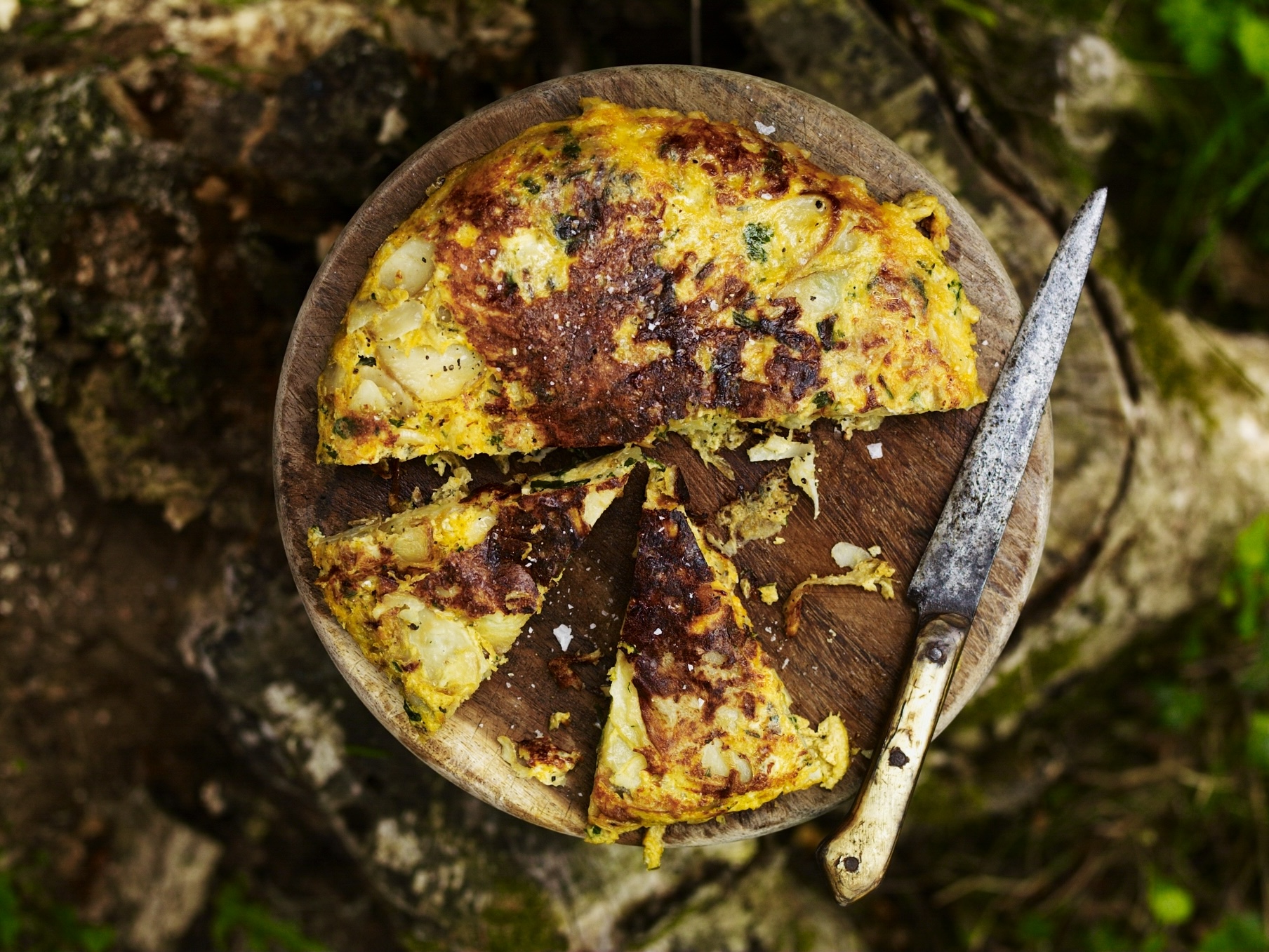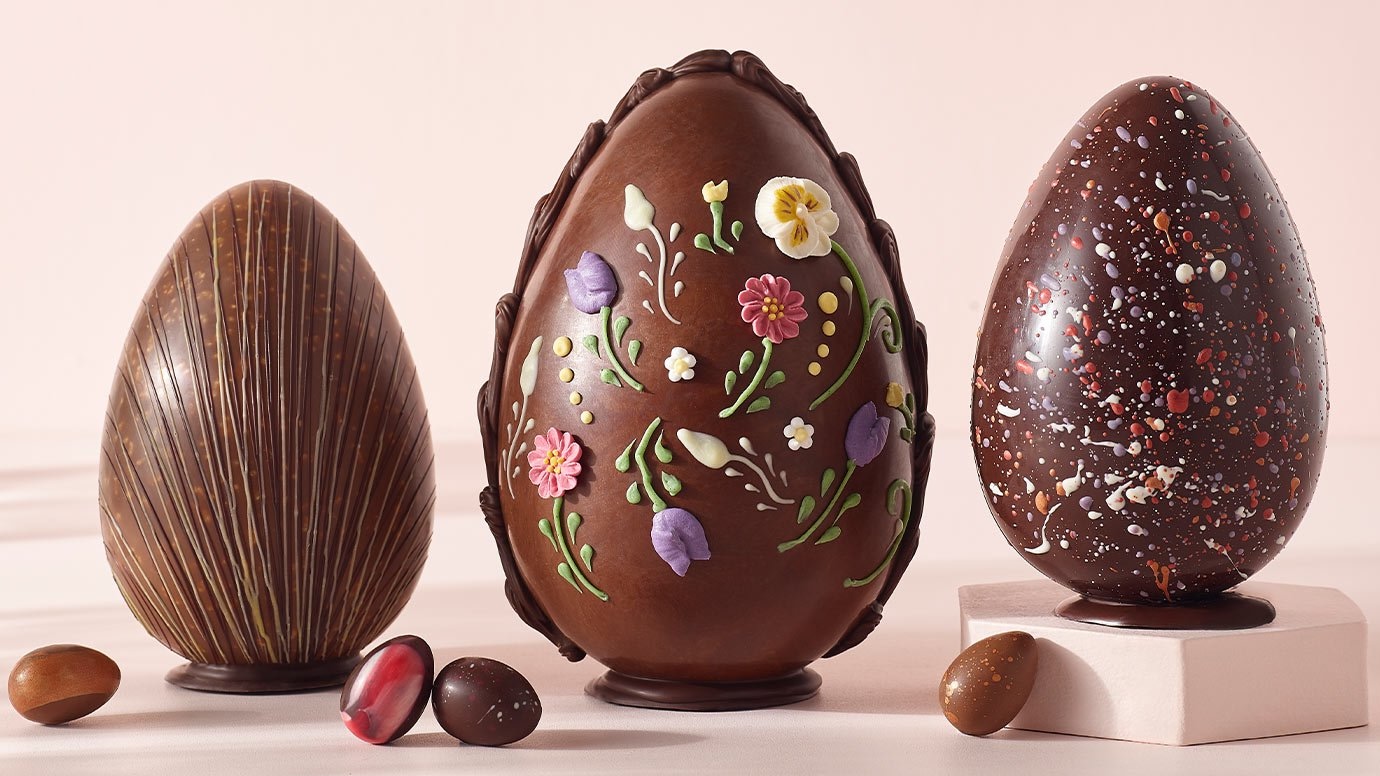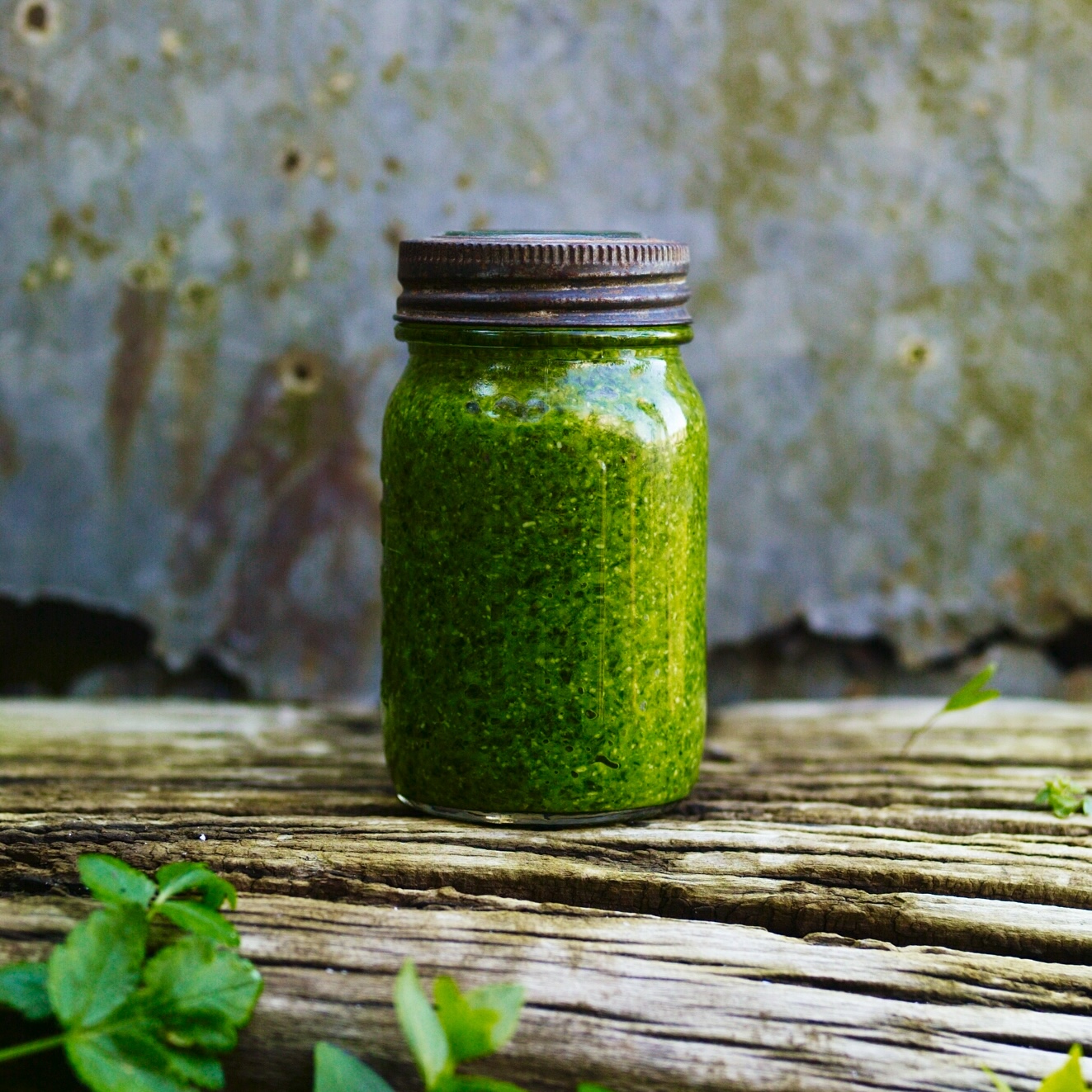Sarson's malt vinegar is the best British condiment to pair with chips — and we won't hear otherwise
Vibrant, tangy and laced with a depth of flavour, Sarson’s malt vinegar is hard to beat — even in its 230th year.


Victorian London was a city brimming with odours, stenches, aromas and whiffs that could make the eyes of a grown man water. However, spare a thought for those who lived within septum-grazing distance of a certain factory on Tanner Street in Bermondsey.
From the early 19th century, this was where huge vats of vinegar were kept in maltings that operated in a similar way to breweries, the main difference being that of timing. Simply put, if you leave beer for long enough — as anyone who has worked in a pub will know — it turns into something approaching malt vinegar.
The Tanner Street factory was owned by Sarsons, a family firm with origins that date back to 1794 when Thomas Sarson began brewing vinegar, chiefly to be used for preserving foods in an era many decades away from the fridge freezer. Even then, a new use for the produce pouring out of those vats was coming into view. The origins of fish and chips is much debated, but one predominant theory is that fried fish was popular in London as early as the 16th century, when it was beloved of Jewish refugees fleeing persecution in Portugal and Spain.
In 1837, Charles Dickens refers to a ‘fried-fish warehouse’, in Oliver Twist. This was about the time when fried potatoes were added to the fish and the stomachs of those toiling away at the coal face of the Industrial Revolution were assuaged with a wrapped package of these two staples.
The trouble was, all that grease required an extra ingredient to prevent the eating experience being too stodgy. Malt vinegar was just the ticket, given that it boasts a depth of flavour that transcends sourness and adds a tang to the miasma of oil.
However, Sarsons Vinegar didn’t only cut through the fat. It felled its competitors, too — although the famous ‘teardrop’-shaped bottle which adorns many a Formica table in chippies up and down the land was not introduced until 1989.
Our love for splashing salt and malt vinegar onto fish and chips didn’t stop at the chip shop. In the late 1960s, an American firm called Griffith Laboratories joined up with a Bristol-based company purveying sausage-making ingredients in a bid to launch an innovative new product for a customer. The client was Imperial Tobacco, which, at that point, was looking to expand beyond the world of cigarettes into other dubiously healthy products. Noticing how much we Britons loved our fish and chips, Imperial, Griffith and other West Country banger makers attempted to re-create the malty, greasy sensation of a fish-and-chip tea inside a bag of crisps.
Sign up for the Country Life Newsletter
Exquisite houses, the beauty of Nature, and how to get the most from your life, straight to your inbox.
It turned out that spraying crisps with vinegar was a limp disaster on the palate, as well as in the bag. Not to be deterred, the experiments continued, eventually manifesting in the creation of a dried form of acetic acid that stuck to the crisps. Imperial decided not to continue with the idea, but Smith’s stepped in, launching the first bags of salt-and-vinegar crisps in UK shops and nascent supermarkets in 1967.
The following year, Tanner Street’s aroma became a little less tangy when Sarsons decided to close its Bermondsey malting works, opting to use the space for storage only until the entire operation left London for Manchester in the 1990s.
Now into its 230th year of production, Sarson’s current strapline for its advertising is ‘brewing vinegar the proper way since 1794’. It’s certainly a more sanguine ploy than its Victorian-era campaigns, one of which related to the moniker ‘Sarson’s Virgin Vinegar’, a tweak to the original name that was patented by Thomas Sarson’s grandson Henry. Its elliptical Biblical reference to the Parable of the Wise and Foolish was supposed to draw shoppers to the purity of the product. Yet the slogan was lightly lampooned in a newspaper cartoon entitled ‘The Irony of Circumstance’ published in the Sketch in February 1893. It shows a woman dressed in furs and a floor-length skirt, standing next to an advertisement for virgin vinegar with only the first three letters of Sarson’s visible, perhaps to avoid a libel claim. Apparently in high dudgeon, her facial expression is, appropriately, the essence of puckered sourness.
With its factory still brewing more than six million litres of vinegar a year, Sarson’s continued success can be, at least partially, boiled down to its wise decision to concentrate on malts rather than morality.
Rob is a writer, broadcaster and playwright who lives in Brixton, South London. He regularly contributes to publications including the Daily Mail, Daily Telegraph and Conde Nast Traveller. Rob is the Special Correspondent for the BBC Radio Four programme Feedback and can also be heard on the From Our Own Correspondent programme on BBC Radio Four and the World Service. His first play, 'The Gaffer', premiered at the Underbelly Theatre as part of the Edinburgh Fringe in 2023.
-
 Minette Batters: 'It would be wrong to turn my back on the farming sector in its hour of need'
Minette Batters: 'It would be wrong to turn my back on the farming sector in its hour of need'Minette Batters explains why she's taken a job at Defra, and bemoans the closure of the Sustainable Farming Incentive.
By Minette Batters Published
-
 'This wild stretch of Chilean wasteland gives you what other National Parks cannot — a confounding sense of loneliness': One writer's odyssey to the end of the world
'This wild stretch of Chilean wasteland gives you what other National Parks cannot — a confounding sense of loneliness': One writer's odyssey to the end of the worldWhere else on Earth can you find more than 752,000 acres of splendid isolation? Words and pictures by Luke Abrahams.
By Luke Abrahams Published
-
 Gill Meller's recipe for a seasonal new potato omelette, with smoked garlic, onions and Cheddar cheese
Gill Meller's recipe for a seasonal new potato omelette, with smoked garlic, onions and Cheddar cheeseBy Gill Meller Published
-
 How to make a rhubarb and Swiss meringue cake that's almost too pretty to eat
How to make a rhubarb and Swiss meringue cake that's almost too pretty to eatMake the most of the last few stems of forced rhubarb.
By Melanie Johnson Published
-
 The prettiest Easter eggs for 2025
The prettiest Easter eggs for 2025Warning: Don't read if hungry.
By Rosie Paterson Published
-
 An Italian-inspired recipe for lemon-butter pasta shells with spring greens, ricotta and pangrattato
An Italian-inspired recipe for lemon-butter pasta shells with spring greens, ricotta and pangrattatoSpring greens are just about to come into their own, so our Kitchen Garden columnist reveals exactly what to do with them.
By Melanie Johnson Published
-
 Curious Questions: What is the greatest April Fool's prank ever played?
Curious Questions: What is the greatest April Fool's prank ever played?As April 1 looms, Martin Fone tells the tale of one of the finest stunts ever pulled off.
By Martin Fone Published
-
 Tom Parker Bowles's Tour de Fromage, from creamy Camembert and spicy, pungent Époisses to the 'mighty, swaggering Roqueforts'
Tom Parker Bowles's Tour de Fromage, from creamy Camembert and spicy, pungent Époisses to the 'mighty, swaggering Roqueforts'The chef and food writer Tom Parker Bowles picks out his all-time favourite cheeses from across the Channel in France, from buxom, creamy Camembert to mighty, swaggering Roquefort.
By Tom Parker Bowles Published
-
 'For here is pure noodle nirvana': How to make Tom Parker Bowles's favourite Thai soup
'For here is pure noodle nirvana': How to make Tom Parker Bowles's favourite Thai soupThe best bit about south-eat Asian-inspired soups is the fact that you can make them entirely your own, from mellow and comforting to blow-your-head-off hot.
By Tom Parker Bowles Published
-
 Gill Meller's recipe for wild garlic pesto
Gill Meller's recipe for wild garlic pestoThe appearance of wild garlic is a sure sign that spring is on the way. Make the most of it with this quick and easy recipe for 'intense' pesto.
By Gill Meller Published